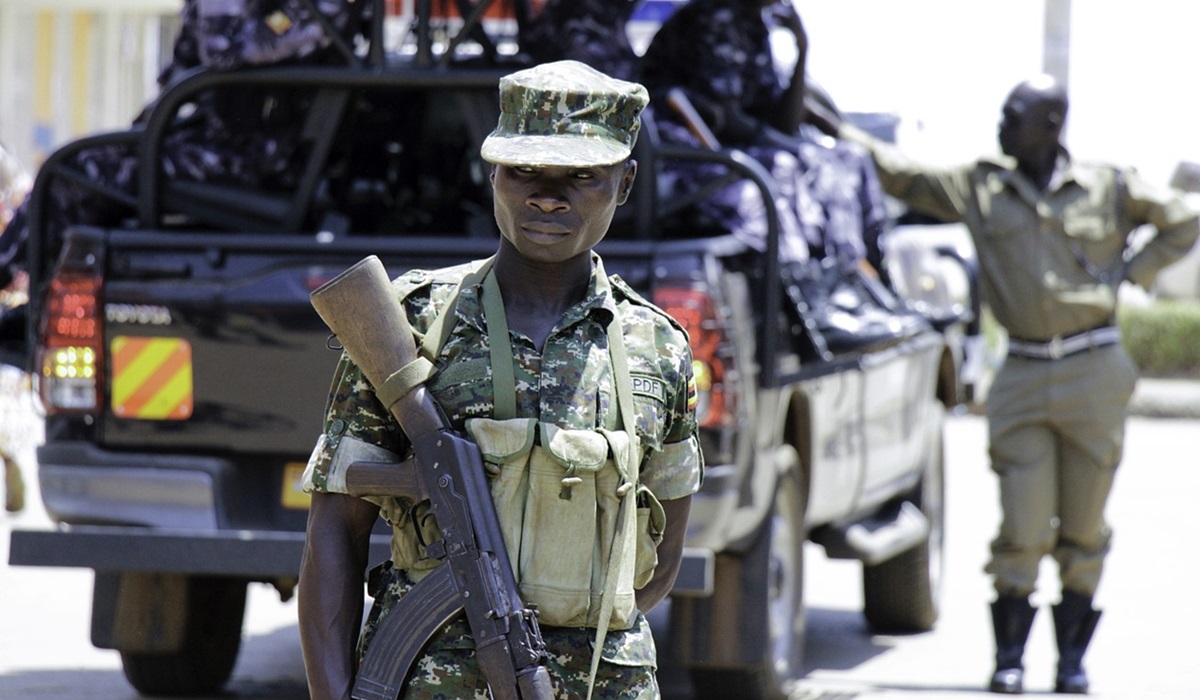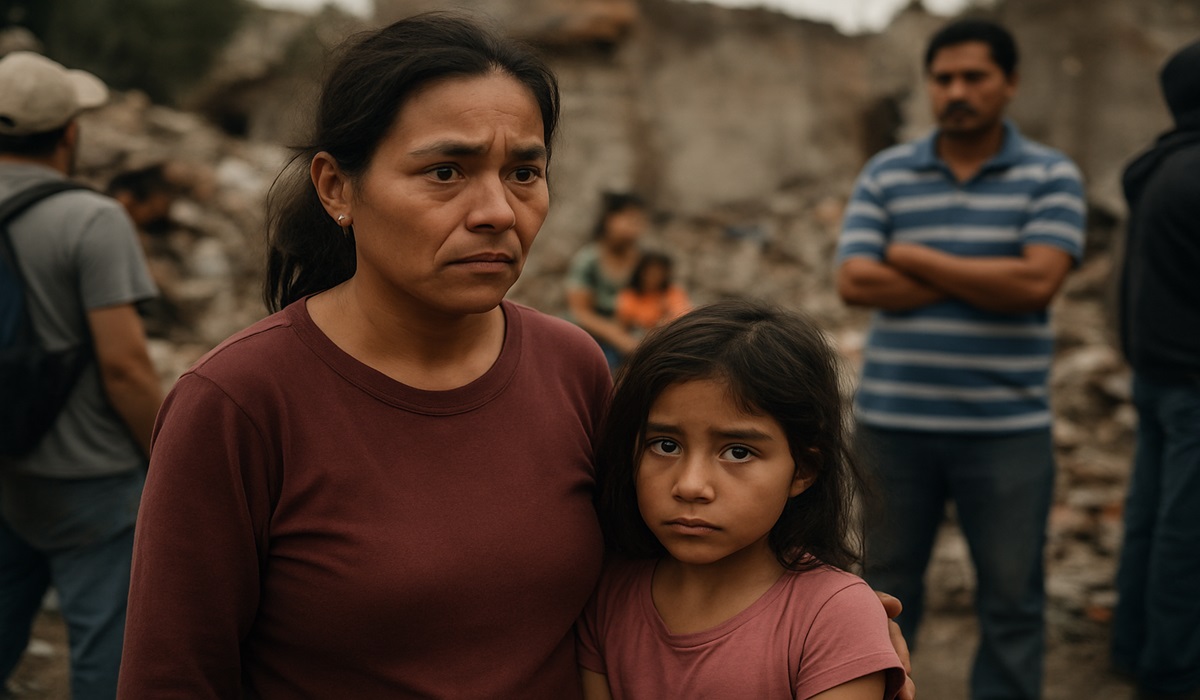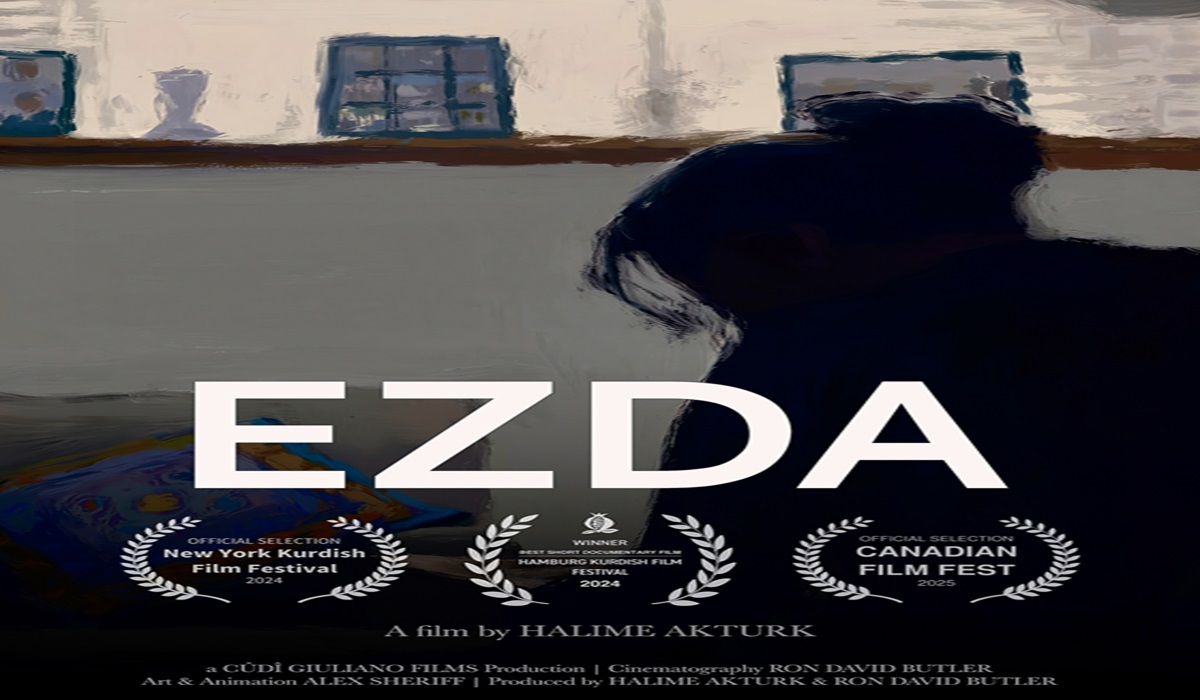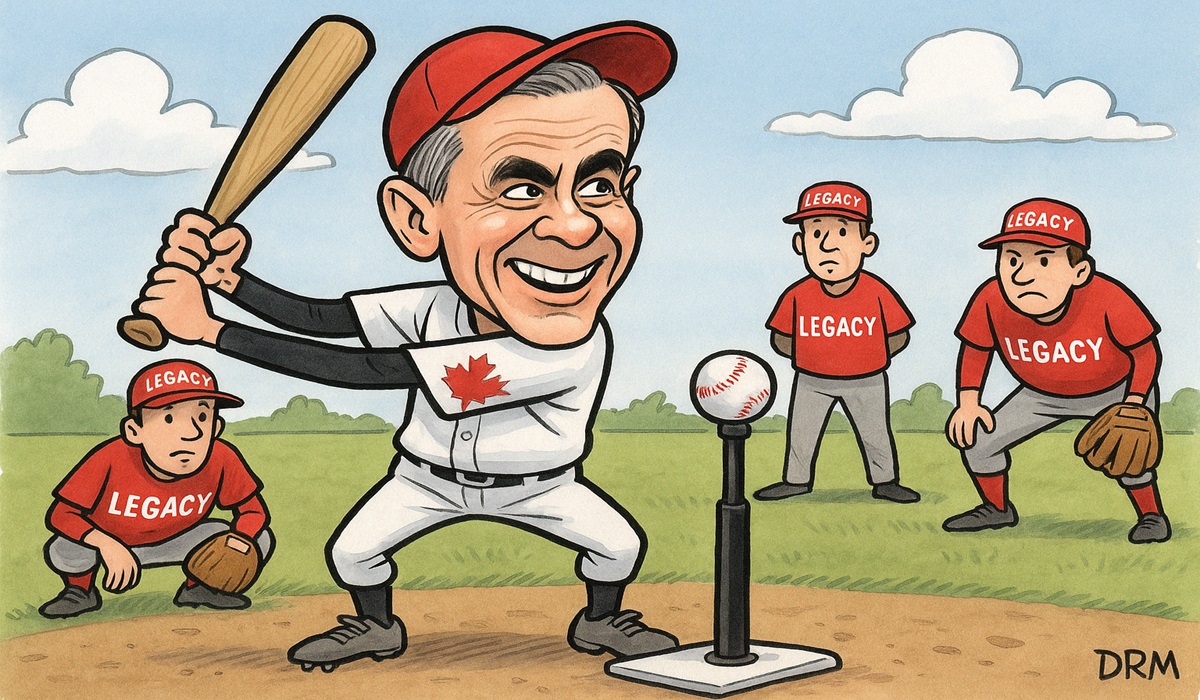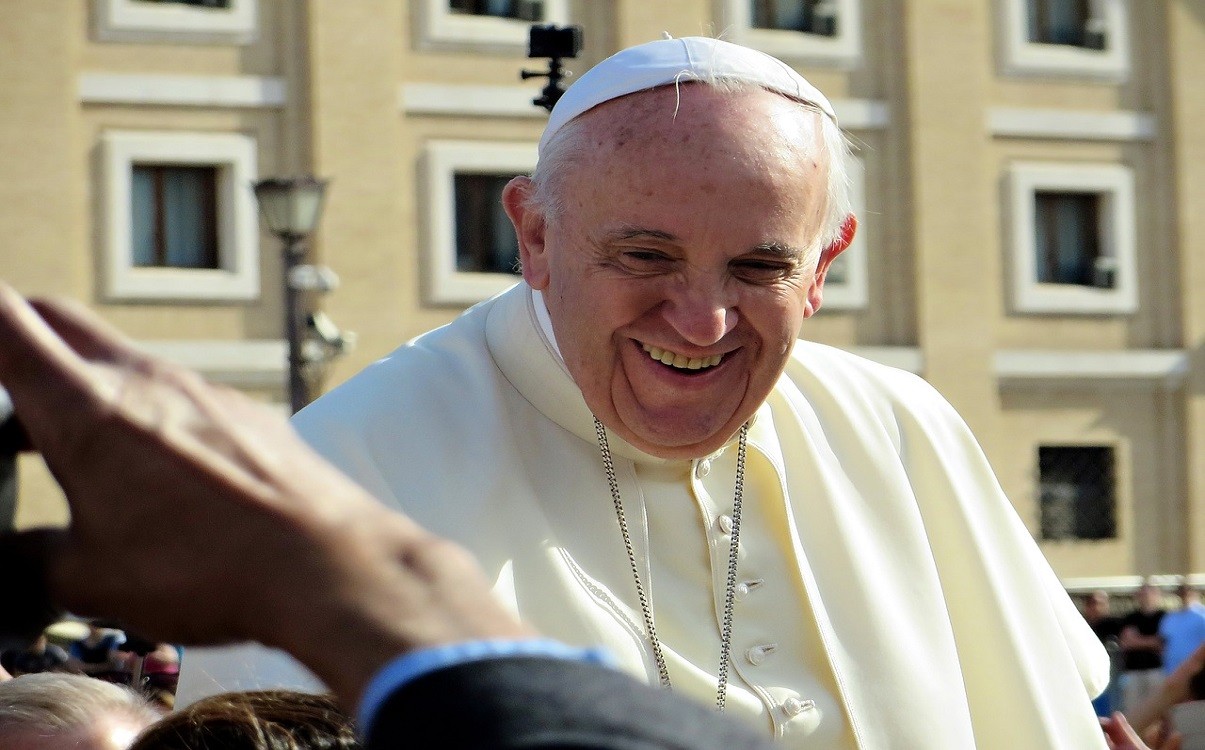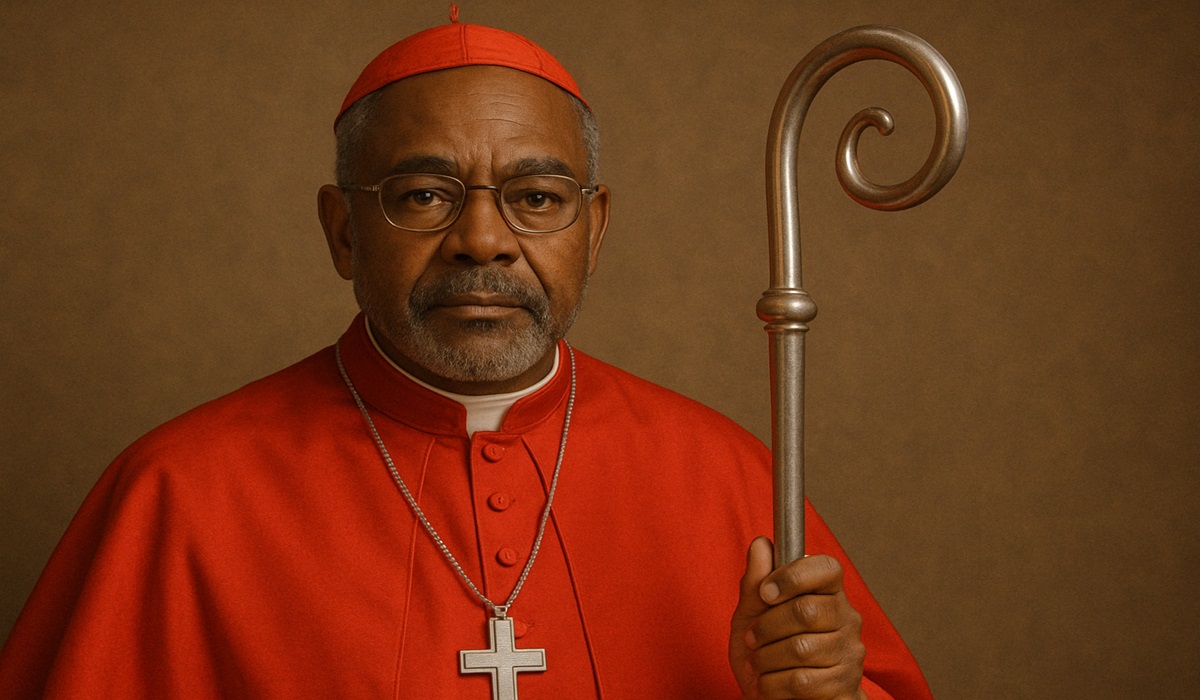Image Credit, Charles Nambasi
In recent years, the term “junta” has become a fixture in news reports concerning African nations. This word, evoking images of military might and political upheaval, frequently appears in contexts of government overthrow and authoritarian rule. Understanding the meaning and origin of “junta” sheds light on its current implications and historical background.
A “junta” refers to a military or political group that takes control of a country by force, typically after overthrowing the existing government. The term is derived from the Spanish word “junta,” meaning “committee” or “meeting,” which in turn comes from the Latin word “juncta,” meaning “joined.” Originally used in Spain to describe governmental councils, the term evolved to denote groups that seized power, particularly through undemocratic means.
The concept of a junta is not new. Throughout history, military coups have been a method by which power is seized, especially in times of political instability or economic turmoil. In the modern era, particularly in Africa, juntas have often emerged amidst post-colonial struggles and conflicts. The phenomenon is seen as a reaction to perceived governmental failures, corruption, or foreign influence.
For example, in 2021, a military junta seized power in Myanmar after disputing the results of the general election. This act echoed numerous African examples, such as the 2013 coup in Egypt when the military ousted President Mohamed Morsi. The term “junta” is applied universally to describe these and similar scenarios across the globe.
In African nations, juntas have often promised reform and stability but frequently led to extended periods of authoritarian rule. The recent events in Niger, Burkina Faso, and Mali, where governments were overthrown, illustrate a different perspective. While many outside these countries label these events as coups, a significant portion of the local populations view them as long-overdue revolutions. To these citizens, the military interventions are seen as liberations from neocolonial influences and corrupt regimes that have strong allegiances to former colonizers and exploit the nation’s resources.
The rise of juntas in Africa is rooted in the continent’s colonial history and the subsequent challenges of nation-building. Post-colonial states grapple with borders drawn without regard to ethnic or cultural divisions, economic dependency, and political systems often ill-suited to their needs. Military leaders exploit these vulnerabilities, presenting themselves as saviors capable of restoring order and development.
Despite their promises, the legacy of juntas in Africa is mixed at best. While some leaders have transitioned to civilian rule, many have clung to power, suppressing dissent and delaying democratic processes. The persistence of juntas underscores the need for stronger institutions, transparent governance, and economic opportunities to mitigate the appeal of military intervention.
Juntas may be unpopular internationally, but the citizens believe they are needed, given the deep-rooted history of colonialism that still grips many African nations. These nations’ leaders are often seen as extensions of their colonial masters, perpetuating exploitation and corruption. This distinction is critical: it is a call to action for the global community to recognize and address the systemic injustices fueling such uprisings. Without meaningful reforms and robust international support, the pernicious cycle of juntas will persist, continuing to thwart genuine progress and self-determination across the continent.

